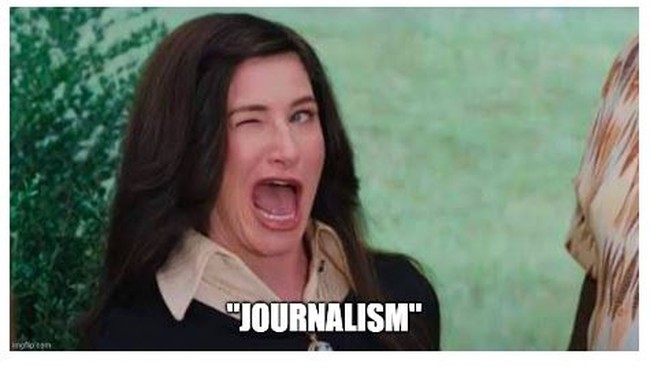The assassination of conservative activist Charlie Kirk has sparked significant backlash across various sectors, particularly among educators. Following his death, numerous individuals associated with educational institutions and organizations have faced termination due to their social media posts expressing views on the incident. Reports indicate that this swift action raises questions about free speech and professional accountability in the current political climate.
In the aftermath of the shooting, which occurred on November 3, 2023, multiple educators and staff members were fired or suspended for what was described as “celebrating” the event on social media. For instance, an assistant dean at a college in Tennessee, a communications staffer for an NFL team, and a Next Door employee in Milwaukee were among those who lost their jobs. Their posts were characterized by some as inappropriate celebrations of violence, while others viewed them as personal opinions on a politically charged event.
Mainstream media coverage has varied in its framing of these incidents. Outlets like NBC News have reported on the terminations as a consequence of educators sharing their opinions, while The Washington Post opted for the phrasing “posting about it.” Critics argue that this language downplays the severity of the situation and the nature of the posts that led to job losses.
The firings have sparked intense debate about the limits of free speech, particularly in professional settings. Many who express their opinions on social media find themselves scrutinized, especially when those opinions relate to politically sensitive topics. While some defend the right to express dissenting views, others contend that public employees should be held accountable for comments that could be perceived as endorsing violence.
The broader implications of this controversy extend beyond individual cases. It highlights the tension between personal expression and professional standards, particularly in educational institutions where the expectation for neutrality can be particularly high. Critics of the firings argue that the actions taken against these educators reflect a chilling effect on free speech and open discourse.
As the conversation continues, the reactions to these terminations illustrate the polarized nature of contemporary political discourse. While supporters of the firings argue they are justified in light of the educators’ posts, opponents view them as an overreach that threatens the very principles of free expression.
The incident surrounding Charlie Kirk serves as a microcosm of larger societal debates about accountability, free speech, and the role of social media in shaping public opinion. As educators and institutions navigate these complex dynamics, the outcome may influence future policies regarding social media use and professional conduct in similar contexts.
